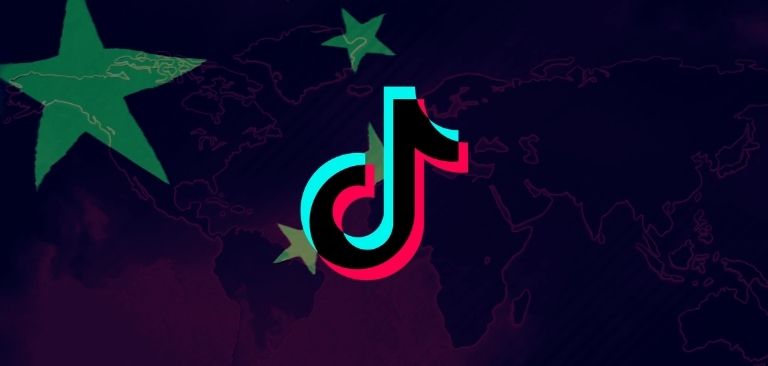Two super-successful Chinese apps are about to be banned in the US, and they cover very different markets and are developed by very different companies.
Yet according to the Australian Strategic Policy Institute, both are guilty of the same thing – grafting China’s internet censorship rules onto international markets.
One is TikTok – the version of Chinese tech unicorn ByteDance’s native viral video app Douyin, only hosted on servers outside the mainland – while the other is WeChat, that hardly registers in the markets outside China, but has an extraordinary grip inside it as the multi-purpose digital tool covering anything from messaging to mobile payments.
The latter app has the established giant Tencent behind it – that also dabbles successfully in ownership structures in multiple US-based gaming companies.
But the reason now for the Trump administration to go after both apps appear to be fears they might be maintaining ties with China’s authorities, specifically the ruling Communist Party, thus possibly implementing the country’ internet censorship and data collection and retention policies, and in the process jeopardizing online freedoms and security of US users. And, according to Bloomberg, potentially in the process influencing the November election.
When it comes to WeChat, Bloomberg suggests its reach within the US user market may be limited to the Chinese diaspora. Nevertheless, content posted elsewhere on the app censored in the past included Hong Kong protests and US and UK embassies’ comments on China’s new national security law.
The Australian Strategic Policy Institute’s report published on Tuesday seems to support those fears, stating that both TikTok and WeChat are offenders when it comes to the way their algorithms tend to hide keywords referring to sexual orientation, politics, or religion appearing in posts published on the platforms.
TikTok’s appeal and power lie in the sophistication of its algorithms – and one of the authors of the Australian think tank’s report, Fergus Ryan, said that the hashtags it blocks cover not only political and sexual orientation, but also terrorism and drug trade and obscenities – and apparently threat them the same way.
And while TikTok owner ByteDance had no immediate comment, Tencent doesn’t appear interested in commenting on any of this at all.












